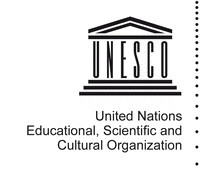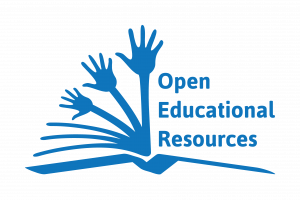 On 25th of November 2019, the 40th General Conference of UNESCO has adopted the UNESCO OER Recommendation after four years of hard work!
On 25th of November 2019, the 40th General Conference of UNESCO has adopted the UNESCO OER Recommendation after four years of hard work!
That is a huge and unique milestone for Open Learning and Education that cannot be overestimated in its potential impact! All educators, learning designers, policy makers, public authorities and ministries worldwide are called for action.
It is the first UNESCO Recommendation in the fields of Open Education adopted by consensus. All 193 countries that are member states of UNESCO have the request, task and responsibility to ensure the implementation of the UNESCO OER Recommendation in their educational systems and to provide annual reports about the progress.
It is a change agent to open up and improve our future learning and education and to achieve the sustainable Development Goal no.4: inclusive and equitable quality education for all.
The OER definition of the UNESCO OER Recommendation says:
“Open Educational Resources (OER) are learning, teaching and research materials in any format and medium that reside in the public domain or are under copyright that have been released under an open license, that permit no-cost access, re-use, re-purpose, adaptation and redistribution by others.”
And open license is defined as:
“Open license refers to a license that respects the intellectual property rights of the copyright owner and provides permissions granting the public the rights to access, re-use, re-purpose, adapt and redistribute educational materials.”
There are some concerns about these definitions and indeed, the definitions are not easy to read. But they were developed in a truly global and transparent process and have not been changed by UNESCO. And the definitions are not causing problems if they are used and interpreted in a normal way (abuse due to bad intentions or special legal systems cannot be avoided with any definition).
 This website will present a comprehensive documentation of the history, adoption and ongoing implementation of the UNESCO OER Recommendation HERE.
This website will present a comprehensive documentation of the history, adoption and ongoing implementation of the UNESCO OER Recommendation HERE.
It will be updated regularly.
As a start, here is the overview of the history and development of the UNESCO OER Recommendation:
2017:
The Second World OER Congress organized by UNESCO took place in Ljubljana on 18th to 20th of September 2017.
2018:
UNESCO published the OER Recommendations in a first version for public consultation (see my submitted comments here on this Open Call for Contributions to collect comments on the OER Recommendations).
2019:
The first draft of the UNESCO OER Recommendation (CL/4273) was published in April 2019
The final draft of the UNESCO OER Recommendation (CL/4291) was developed in May 2019 and is dated September 2019 : It is the result from the “Intergovernmental Meeting for the Draft Recommendation” that took place in Paris in May 2019. All member states and key NGOS have been invited to attend with official delegations and 150 delegates from 100 countries participated.
The final UNESCO OER Recommendation (40 C/32) were adopted at the 40th UNESCO General Conference in Paris on 25th of November 2019.